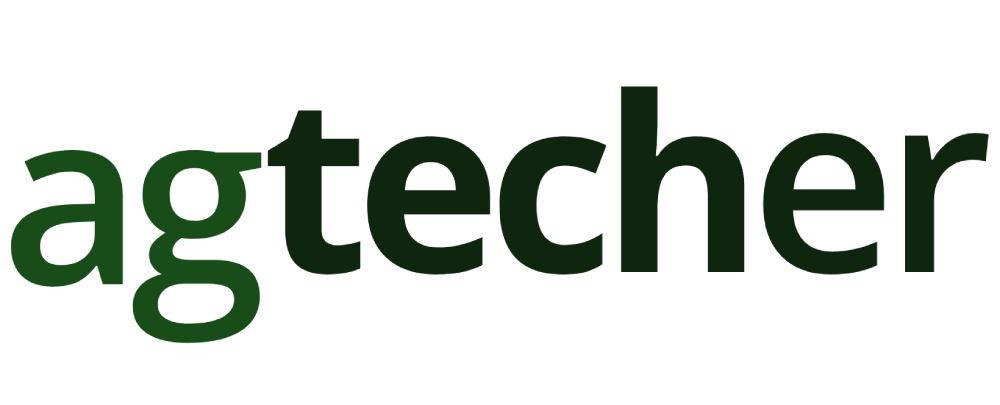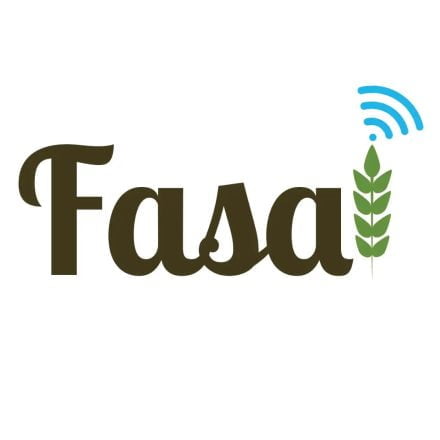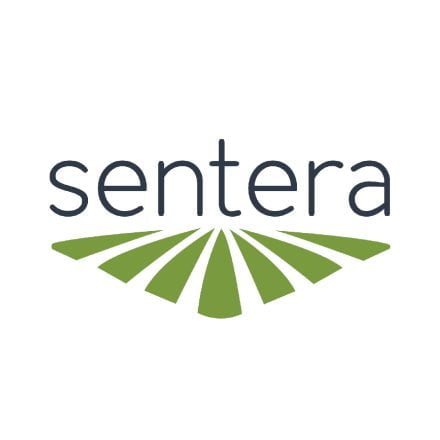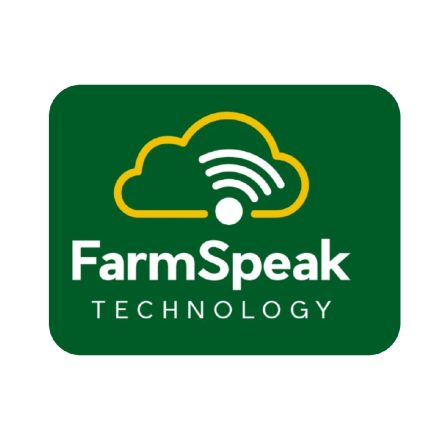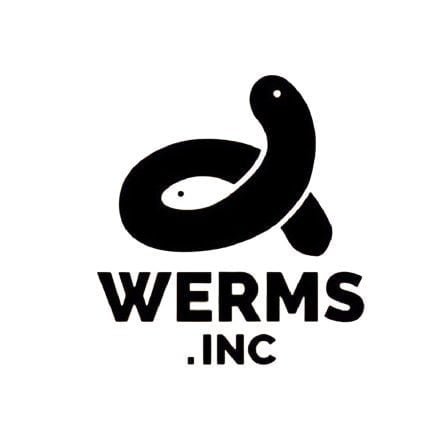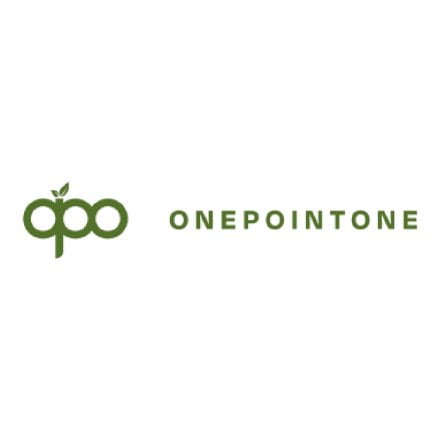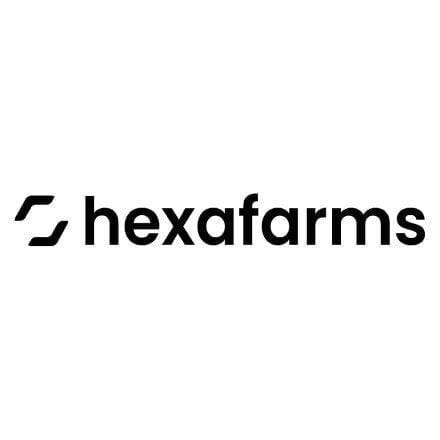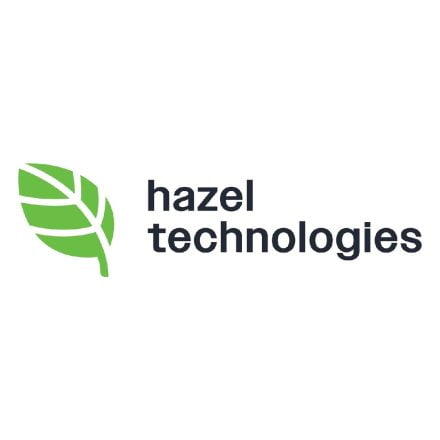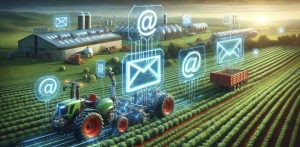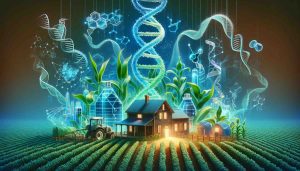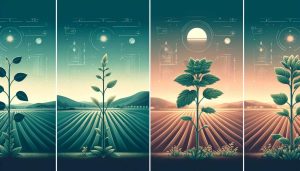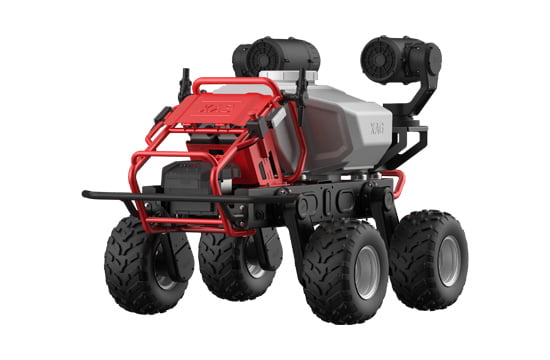Blockchain technology has the potential to revolutionize the agricultural industry with the development of agtech and agritech startups that are paving the way towards a more sustainable and transparent food system. The use of blockchain in agriculture is creating a fairer and more efficient market by reducing fraudulent activities, increasing transaction speeds, and giving farmers greater control over their crops. It’s estimated that the size of blockchain innovations in the agriculture market will grow to $400+ million by 2023.
Different types of blockchain usage in agriculture
9 blockchain agriculture projects & startups

Blockchain technology enters modern day farm
There are several different types of blockchain technology that are being applied in the agriculture industry. These include:
- Supply chain tracking and traceability: One of the most significant areas is the optimization of the food supply chain. Blockchain can ensure that food products’ origins are traceable, building customer loyalty and confidence in the product. Retail giants such as Walmart, Unilever, and Carrefour already resort to blockchain to trace food products’ places of origin, cutting down the time it takes to trace the origin of food from nearly a week to a mere two seconds. By empowering retailers to isolate harmful products quickly, blockchain reduces the risk of harm to humans, helping to ensure the quality and safety of agricultural products, as well as to prevent fraud and counterfeiting (especially in the field of organic farming & supply chains).
Demand for organic, local products is constantly rising, and blockchain enables consumers to verify the journey of their product, tracing it from farm to table. Blockchain also provides data on when a product was harvested and produced and who produced it, showing consumers in which field their grass-fed beef was raised in a matter of seconds.
- Agricultural finance and payments: Blockchain technology can be used to facilitate financial transactions in the agriculture industry, such as loans, insurance, and payments. This can help to improve access to finance for farmers and other stakeholders, as well as to reduce the risk of fraud and corruption. The technology of decentralized ledgers is uniquely positioned to simplify transaction processes and level the playing field for small-scale farmers and crop growers.
- Agricultural data management: Blockchain technology can be used to manage and share data in the agriculture industry, such as information on weather, soil conditions, and crop yields. This can help to improve the efficiency and productivity of agriculture, as well as to support decision-making and research.
- Crop insurance: Smart contracts have unique applications in the form of helping farmers insure their crops and claim damages with insurance companies. With unpredictable weather anomalies making it difficult to estimate and quickly report losses, blockchain provides a solution. Tailored smart contracts trigger damage claims via changes in weather conditions, easing the process for farmers and insurers.
Overall, there are many different ways that blockchain technology is being applied in the agriculture industry, and this is an area of ongoing innovation and development.
Bitcoin is among those few words besides ‘agtech’ or ‘Tesla’ or ‘iPhoneX’ which are in everyone’s mouth irrespective of their profession or age. Bitcoin as we all know is a cryptocurrency and uses the ‘Blockchain Technology’. So, how can a technology that powers cryptocurrency be the next revolutionizing phase in the area of agriculture?

Well, to know more about it, we start with the term ‘Blockchain technology’. Blockchain is a technology platform that is used as a tool to transfer different information and data, peer to peer without infiltration of any institution or government. The exchange gets recorded in a ledger and is accessible to every member of blockchain. Though, it sounds violation of privacy, it is as a matter of fact a safety measure. In spite of the transaction available openly, the details of the person remain encrypted. Moreover, all the addresses of every transaction is recorded and stored in the wallet for any future references. These address and encryption of every transaction helps in making the system safe and secure from any cyber fraud. This may look like a financial aspect but it is in general working of a Blockchain structure which is applied in agriculture too.
Transparency in Food Chain
The world is moving towards an era of organic and Bio foods in daily diet. But, what remains a challenge is the authenticity of these products before they are marked as organic or Bio. Currently, it is not easy to check the credibility of an organic product at the consumer level. Though to overcome such issues, certification seems to be a solution but it leads to rise in price of these food items, which are already on the upper end of the pricing and hence, it becomes nonviable. But, with Blokchain the supply system from farms to wholesalers to retailers or vendors and finally to consumers can become completely transparent and easy to access using a mobile application.
Companies like Agriledger, FarmShare, Agridigital and Provenance are working in area of blockchain agriculture and helping farmers, vendors and consumer to do business transparently. The prime importance of the technology is, it keeps a track of your food from farm till it reaches your hands without any tampering in between. Moreover, if the food gets spoiled during transportation then it can be traced back to the source and necessary steps can be taken to identify the bottlenecks and avoid any future damage to the food products. This saves a lot of money and more food reaches market, keeping the price in check and helps maintaining supply-demand ratio.

According to WHO, around 400,000 people die globally due contamination of food every year. In August 2017, several batches of eggs were affected by an insecticide fipronil, which is hazardous for health as indicated by WHO. Due to this Netherlands, Belgium and Germany were vastly affected, forcing supermarkets to stop selling all eggs. Such infected food items can be sorted out and taken off the shelf by tracking their origins using Blokchain technology, which keeps data of all the transactions across the complete supply chain.
Ways to track provenance
There are several ways to track the provenance, or origin, of food. Some of the most common methods include:
- Using barcodes or QR codes: Many food products are labeled with a barcode or QR code that can be scanned to access information about the product, such as its origin, ingredients, and production date.
- DNA testing: DNA testing is a scientific method that can be used to identify the unique genetic characteristics of an organism, such as a plant or animal. This technology can be used to verify the authenticity and origin of food products, such as meat, fish, or produce.
- Certification and labeling: Some food products are certified by independent organizations that verify the product’s origin, production methods, and other factors. These certifications can be indicated on the product’s label, allowing consumers to easily identify products that meet certain standards.
- Well, now we also have blockchain technology: Blockchain is a type of digital ledger that allows information to be securely recorded and shared among multiple parties. This technology can be used to create a “chain of custody” for food products, enabling different actors in the food supply chain to track and verify the origin and authenticity of the food.
Overall, these methods can help to ensure that food products are accurately labeled and that consumers have access to information about the origin and quality of the food they are purchasing.
Worldwide open market and financial transparency
Usually, farmers are not able to sell their harvests directly to the consumer and have to go through channels of distributor. Due to this, they are exploited financially and are under paid for the products. Furthermore, Bank transactions take more time and hence, payment for the farmer is delayed and they become a victim of price extortion at local levels. This can be reduced with usage of blockchain technology, that enables farmers to sell their products globally for a fair price with quick and safe payment. Moreover, it is possible to keep an eye on the the price till it reaches the end user. Thereby, giving a transparency in finances at every level of supply chain from producer till the consumer.
9 agriculture blockchain companies
Here are some of the most promising blockchain startups in the agriculture sector:
- AgriLedger: Agriledger is a blockchain-based solution that provides digital identity, information access, immutable data, traceability, financial services, and record-keeping tools to participants in the agricultural supply chain. It aims to increase the efficiency of the agricultural industry by enabling farmers to plan and harvest more effectively, gain access to markets, and prove their identity and income to financial institutions. The solution provides transparency and trust throughout the supply chain by allowing each item to be traced from seed to consumer. Read more
- TE-FOOD: TE-FOOD is a blockchain-based end-to-end food traceability solution that offers all the necessary components to provide transparent and traceable food information in one place. With over 6,000 business customers, 400,000 operations per day, and serving over 150 million people, TE-FOOD enables businesses to differentiate their products from the competition, improve operational efficiency, engage directly with consumers, position premium products, become compliant with import regulations, and automate and narrow down product recalls. Discover TE-FOOD
- Open Food Chain is a public blockchain solution that aims to revolutionize the food industry by tracking products from farmer to the end-consumer, providing transparency, efficiency, and personalized nutrition. The solution is an industry-owned public blockchain that improves industry standards and simplifies supply chains. The largest implementation of OFC is in the juice industry, with JuicyChain connecting over 50 different partners in the supply chain. OFC has a food token that has various use cases, such as preventing fraud and spam, tracking customer loyalty, and enabling DeFi payment models in the food industry.
Roadmap: in 2023, they plan to launch the Open Food Chain consumer app, which will have an integration to be able to tip the farmer, and they will also launch the B2B wallet for Open Food Chain, allowing for easier onboarding of corporate clients onto the platform. Also planned: The launch of three new industry-chains for different food industries, focused on olive oil & cacao supply chain.
In 2024, they plan to launch the Open Food Chain native blockchain V3, complete with a peer-to-peer validation system, the final milestone in their roadmap. Read more
- Etherisc: Blockchain startup Etherisc is a decentralized insurance platform that aims to make insurance fair and accessible. They are building a protocol that enables the collective creation of insurance products. Their goal is to make insurance cheaper, faster, and easier by harnessing the power of blockchain technology. Etherisc has launched several decentralized insurance products, including crop insurance, travel delay protection, and climate risk insurance, using Chainlink data feeds. They have also partnered with Acre Africa to provide blockchain-based insurance to over 17,000 Kenyan farmers. One of Etherisc’s key focuses is climate risk insurance, which helps vulnerable people cope with the impacts of climate change. Climate risk insurance is expensive, slow, and complex. Etherisc believes that their innovative blockchain technology can help to make it cheaper, faster, and easier. They have built a climate risk insurance product that allows vulnerable farmers to use mobile money to purchase policies and receive insurance payouts. The climate events triggering payouts are verified through smart contracts using publicly available data such as satellite imagery. Read more
- AgriDigital: AgriDigital is an Australian company that uses blockchain technology to provide real-time settlement for physical grain deliveries. They executed the world’s first physical commodity settlement on a blockchain in December 2016. In one pilot, they generated a digital title to a physical commodity and executed payment on a blockchain, including functionality to allow for secure 7-day payment terms. In another pilot, they used blockchain to verify a batch of organic oats by tracing the movement of organic oats from the farm gate through processing and milling to a retail customer. In December 2017, AgriDigital and Rabobank teamed up to conduct a proof of concept that successfully demonstrated a purchase and sale of commodities on a blockchain. Learn more
- AgriChain: A blockchain enterprise with a focus on facilitating peer-to-peer payment processes and food processing in agriculture, bypassing intermediaries. AgriChain is a software solution that connects and transfers information between participants in the agricultural supply chain. It combines mobile software for farming and logistics providers with a web application for business administration to provide end-to-end visibility of the supply chain. It automates the delivery process and collects data at each point along the supply chain, which is time-stamped and updated in real-time for all parties. AgriChain has been used in the industry for three years and provides a solution to improve the agricultural supply chain.
- Ambrosus: Ambrosus is a blockchain platform that focuses on supply chain tracking and traceability in the agriculture and food industries. It uses smart contracts and sensors to track the movement of agricultural products, providing transparency and accountability throughout the supply chain. Read more on their blog
- Ripe: A startup that creates a transparent digital food supply chain that utilizes quality food data to map the journey of food and provide a Blockchain of Food. The company aims to increase food confidence and build brand integrity by leveraging blockchain technology, IoT, AI, and machine learning to aggregate real-time data into one dashboard for predictive consumer analytics. They provide tailored data insights to their clients in real-time through a mobile application or a desktop experience, and they use the blockchain ledger to ensure data is accessible at all times. Their platform empowers food supply chain partners to offer quality food and transparency by tracking the journey of food, from seed to sale, ensuring consumer satisfaction. The company serves food producers, distributors, restaurants, and food retailers, providing solutions for every actor in the food supply chain. Ripe’s twitter
Conclusion
Blockchain technology is a boom (and partly also a bust) in the 21st century and agriculture is no longer a stranger field to it anymore. However, it is a long road ahead as this modern day marvel is formed on platform of internet which remains luxury for many farmers.
Lastly, just like every new thing, blockchain would also require some time to replace the conventional methods of agri business. Days or years, Blockchain technology is here to stay and change the way farmers do business.
